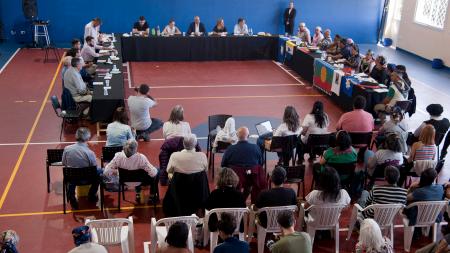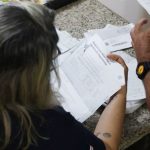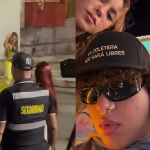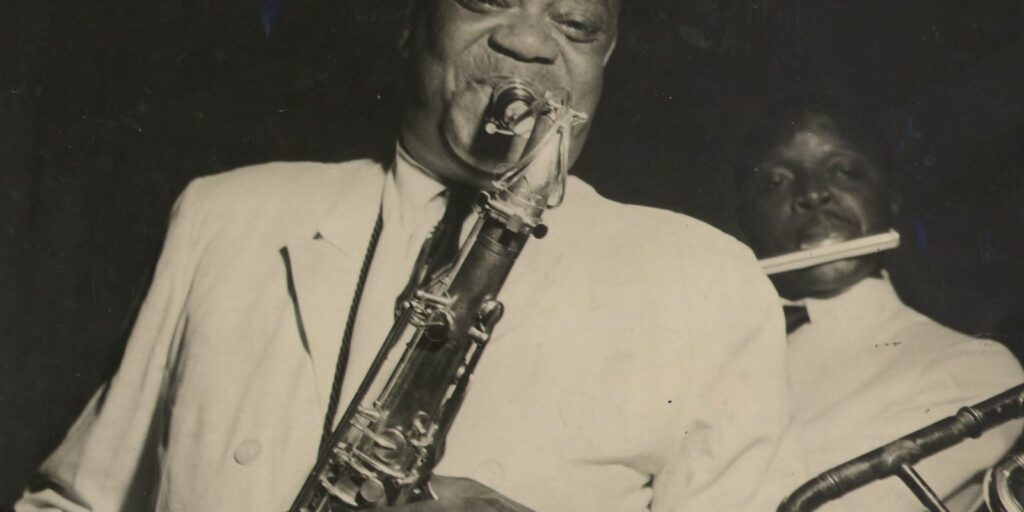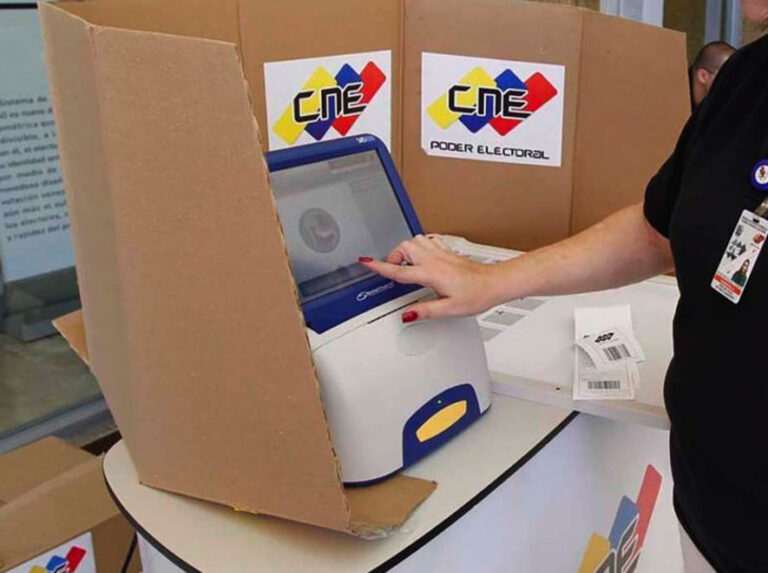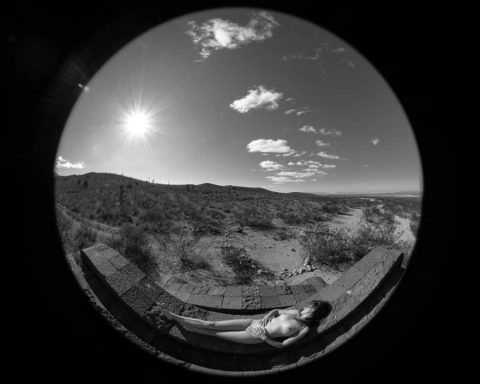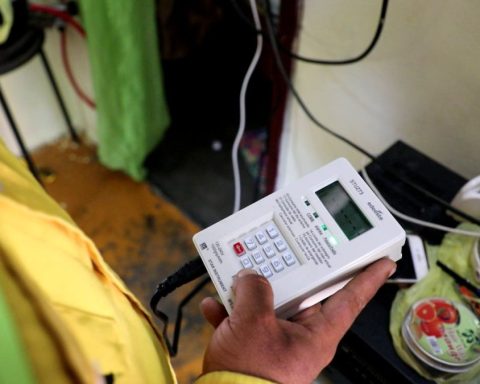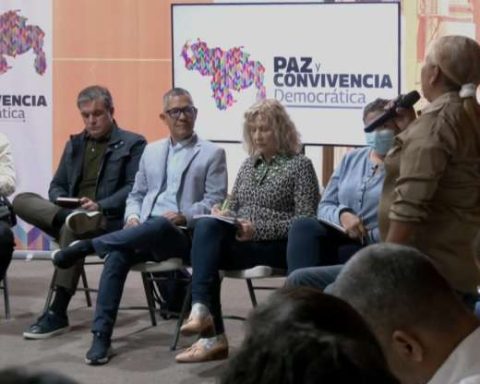The Secretary of Human Rights, Horacio Pietragalla Corti, highlighted this Saturday “progress” in the framework of the dialogue table to “peacefully resolve” the territorial conflict between Mapuches and residents in Villa Mascardi and maintained that a proposal for National Parks is being “analyzed” so that the communities “can have land to develop and carry out micro-enterprises”, but it has not yet been determined “in what place”.
The Dialogue Table was convened by President Alberto Fernández on December 14 at the Casa Rosada to “advance on a solution in relation to the territorial conflict in the region.”
Within this framework, the Secretary of Human Rights held three meetings with representatives of Mapuche communities from Río Negro, Chubut and Neuquén, and met with residents of Villa Mascardi, while a next meeting is scheduled for February 24, in Bariloche, with representatives of Mapuche communities.
“We want to resolve the conflict peacefully, as entrusted to us by the President”, assured Pietragalla Corti in statements to Télam.
The conflict over land in Villa Mascardi, located 35 kilometers south of Bariloche, For several years now, it has generated tension between the inhabitants of the area and the settlement of the Mapuche community Lof Lafken Winkul Mapu.

While the Dialogue Table is taking place, Judge Hugo Greca postponed the trial for usurpation in the National Parks property for 90 days, at the request of defenders and human rights organizations.
Pietragalla Corti said that the first meeting with representatives of the Mapuche communities was held on January 12 in the city of Buenos Aires, while the second was held last Friday in Bariloche, where “they expressed their concern about the role of the `machi`”.
“They want me to be able to attend to their ‘rewe’ again. That is the request that they carry out and progress is being made in the possibility that they can have their sacred place and continue in the care of the Mapuche communities,” said the official.
He also highlighted “the commitment for there to be peace”expressed by the members of the Mapuche communities.
When asked about the possibility of ceding land for this purpose, the official maintained that “is analyzing” a proposal prepared by National Parks so that the communities “can have land to develop and carry out micro-enterprises with animals or food”, but that it is not yet known “neither in what place nor in what quantity”.
“We hope to make progress on the proposal at the next meeting. In the place where the eviction took place, the community will not be settled. There only one ‘rewe’ will be protected so that they can carry out spiritual activities,” he explained.
The meeting also discussed the situation of the four Mapuche women who are still under house arrest.

“With the Ministry of Women present, next week we will see what to do in that regard. Their lawyers argue that the crime of usurpation is not imprisonable and state that it is not understood why they are still detained,” said the official.
In this sense, he considered that “an arrest where there are minors with domiciliary, is excessive.”
The Secretary for Human Rights, on the other hand, affirmed that it was proposed to the members of the Villa Mascardi Neighborhood Council “help in the reconstruction of the houses that were damaged” and that there be “a State present through the Ministry of Justice and Human Rights, the Ministry of Security, the INAI and the different delegations of the national government in Bariloche to ensure pacification.”
But he pointed out that during the meeting he had with the neighbors none of the planned topics could be addressed and he received “aggressions and insults”.
“When we got to the meeting with the neighbors there were militants from the NOS Front of the excarapintada Juan José Gómez Centurión. They began to insult us, we received attacks and they yelled things like ‘corrupt’ or ‘terrorists’ at us,” he said.
He also said that “There were personal attacks: they told me ‘you received compensation’, for my father”, Horacio ‘Chacho’ Pietragalla and his mother, Liliana Corti, both assassinated during the last military dictatorship.
In this framework, Pietragalla Corti He regretted that it was not “a meeting as it had been thought” and that it was not possible to “talk seriously.”
This afternoon, I held the agreed meeting with the members of the Villa Mascardi Neighborhood Council, which took place at the “Misiones Rurales Argentinas” school. pic.twitter.com/1noMP9zvvF
— Horacio Pietragalla Corti ⭐️⭐️⭐️ (@pietragallahora) February 11, 2023
“They consider that the communities are terrorists because they say that they carried out actions where they implemented terror. They don’t recognize them as Mapuche”expressed and maintained that “negotiation is very difficult because the idea was to sit down and talk with the neighbors and it became a political action.”
In that context, He recalled that it was an initiative of the organization to open the dialogue table with the neighbors: “By my decision, we began a dialogue with the idea of the State to accompany some of the claims for the damages they suffered in their home.”
“I proposed to meet with them again when I return to Bariloche on February 24, but with the residents of the Neighborhood Council, not with militants,” said Pietragalla Corti.
